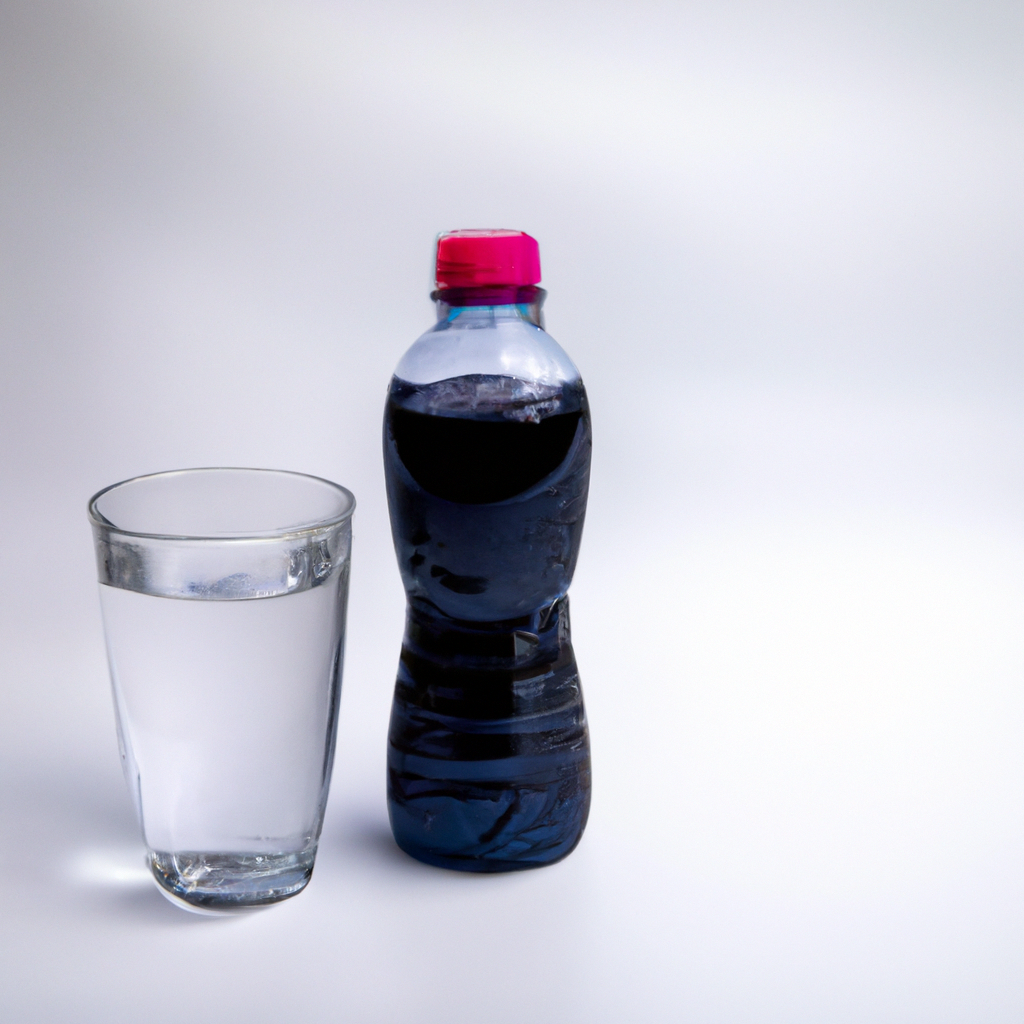We all know how important it is to drink lots of fluids – yet so many of us struggle to stay well-hydrated. The fact remains that hydration is essential for a variety of reasons, and understanding the importance of staying adequately hydrated is key to having a strong and healthy body. In this article, we’ll explore the exact benefits of hydration for health, and how exactly to stay well-hydrated in order to truly benefit from it.
1. Thirsty Yet? The Benefits of Staying Well-Hydrated
Everybody knows that staying hydrated is essential for your health and well-being. But do you know why? Did you know that even a small amount of water can have a huge difference in your life? Read on to discover why staying hydrated can have such a big impact in both your everyday and long-term health.
- It boosts your energy levels. Dehydration leads to fatigue, so keep replenishing those fluids throughout the day for a natural energy boost.
- It increases focus. Drinking enough water can help you stay more alert and improve your concentration.
- It helps you lose weight. When you are adequately hydrated your metabolism works better so that you can burn calories more effectively.
Water also helps flush out toxins, and keeping hydrated can also play a huge role in keeping your skin healthy and glowing. By drinking enough water, you can keep your skin looking vibrant and help reduce breakouts.
Staying hydrated can also help reduce a number of chronic health conditions, such as constipation, kidney stones, gout, and even some types of cancer. Adequate hydration is essential for a healthy immune system so that your body can fight off any pathogens or viruses.
To really optimize the advantages of staying hydrated, replace sugary drinks and caffeinated beverages with water, and drink at least 8-10 glasses a day. So when you feel thirsty – don’t ignore it, grab some water and replenish your body!
2. Understanding Hydration’s Effects On Health and Well-Being
Hydration is one of the most important aspects of maintaining a healthy lifestyle. It is essential for our bodies to stay replenished and fueled with water to flush out toxins and maintain overall organ health and function. Unfortunately, many of us don’t drink enough water to stay properly hydrated, leading to a variety of negative impacts on our health and well-being.
When our bodies become dehydrated, it can start to affect our physical and mental functioning. Physically, you may experience headaches, fatigue, low energy levels, and body aches. You may also feel dizzy, lightheaded and have trouble focusing as dehydration can reduce your cognitive abilities. Dehydration can also lead to decreased resistance to diseases, making it more difficult for our bodies to fight illnesses and infections.
Dehydration can also lead to long-term or chronic health issues. If our bodies remain dehydrated for extended periods of time, it can sometimes cause muscle spasms, constipation, and kidney stones. In severe cases, it can even lead to confusion, seizures, and comas.
The Benefits of Proper Hydration
- Increased energy levels
- Improved cognitive capabilities
- Enhanced immune system functioning
- Reduced risk of muscle cramps or spasms
- Healthier digestion and organ performance
- Healthier skin cells
Adequate hydration is especially important for athletes, pregnant women, children, and the elderly. Proper hydration helps support a healthy lifestyle and should be taken seriously to avoid dehydration-related disorders and illnesses.
3. Drinking Plenty – The Key to Optimizing Hydration Levels
Sometimes, when it comes to achieving optimal hydration levels, what you don’t do is almost as important as what you do. That’s why when talking about proper hydration, drinking enough is the top priority.
What do We Mean by “Drinking Plenty?” It’s easy to get overwhelmed by the numerous numbers and ounces that fill the internet, but the notion of “plenty” is simple. It’s meaning is “in abundance;” don’t be hard on yourself but also don’t leave yourself thirsty. Give your body what it needs, when it needs it, and drink up!
If you’re looking for some simple guidelines to stick to, here are a few:
- Don’t wait until you’re thirsty: by the time you’re actually thirsty, you may already be dehydrated.
- Drink at least 8-10 ounces of water every hour.
- Drink throughout the day, rather than all at once.
- Choose hydrating drinks, such as water and fruit juices.
An ounce here or there won’t make a huge difference, but cumulative drinking can leave quite an impact. Consistency is the key. When it comes to proper hydration, take the time to give your body what it needs and it will thank you for it!
4. Stave Off Health Issues and Thrive: Hydration Is Key
Dehydration can have major consequences on your health, and can even be life-threatening. It can lead to fatigue, headaches, and other issues that can put a damper on your daily life. That’s why it’s so important to make sure you’re drinking enough fluids, especially when you know you’re going to get dehydrated from vigorous activity or being in a warm climate.
Staying hydrated is the most important part of physiologically thriving. Your water intake needs to be tailored to your specific lifestyle in order to make sure there’s a proper balance between water and electrolytes. It doesn’t mean you should drink constantly, rather that you should build a habit of drinking enough water each day for your body to function properly. With the benefits ranging from having a healthy brain and energetic muscles, to reducing the risk of headache and fatigue, it’s definitely worth making sure you’re getting enough fluids.
You should drink about 8 glasses of water a day, however this cannot be applied to everyone. Consider factors such as your body size, amount of physical activity, diet, and climate when planning your water intake. Make sure you’re mindful of how much liquid you had with your meals – some foods are already high in water content and can count towards your daily requirement.
Here are some tips to make sure you’re truly hydrated:
- Carbonated beverages are a no-go when it comes to hydrating – make sure you’re drinking fresh, filtered water.
- If you’re doing exercising, rinse your skin or take a shower to cool down and inhale deeply.
- herbal teas are a great way to replenish your water intake without overdoing it.
- Carry a water flask with you and make sure to keep track of how many glasses of water you had throughout the day. Use an app or write them down.
- Try adding ingredients such as fruits and herbs into your water, for an extra boost of nutrients and flavor.
Remember, dehydration can have serious physical and cognitive repercussions, and it’s up to you to stay on top of it in order to enjoy a healthy and nutrient-rich lifestyle. Make sure you don’t ignore the basics: Hydration is key!
Hydration for health is about developing a healthy habit that’s easy to maintain and that provides you with numerous health benefits. From giving your skin a glow, to improving your body’s performance, staying well-hydrated is essential for achieving optimal health. The key is to monitor your hydration levels and to make sure you’re getting enough fluids. Make water your friend by increasing your fluid intake and you won’t regret it!



